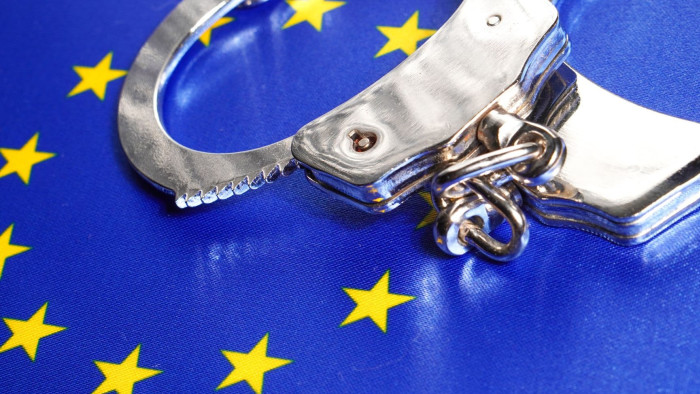
Beyond Surrender
Putting human rights at the heart of the European Arrest Warrant
In 2004 the European Arrest Warrant (“EAW”) started to operate in the EU as a fast-track system for the arrest and extradition (or “surrender”) of a person to stand trial or serve a prison sentence. It is based on the principle of mutual recognition, which means that decisions in one EU Member State will be carried out in all others. Since then, concerns have frequently been raised about the human impact of this measure.
In February 2014, the European Parliament called on the European Commission to propose reforms to the EAW. It was concerned that the overuse of the EAW and its lack of explicit human rights safeguards and proportionality checks was undermining its credibility. Reform was needed to prevent miscarriages of justice, long periods of pre-trial detention and other human rights violations.
The Commission did not share the Parliament’s view and Member States had limited political appetite to deal with the problem. In response the Commission stated that the process to enact legislation guaranteeing suspects fair trial rights, begun by Member States in 2009, would largely resolve the EAW’s problems. Thus, no reform proposal was presented, though measures further strengthening prosecutorial powers have been.
While the fair trial measures enacted since 2009 have improved respect for the right to a fair trial in Europe, these ground-breaking standards do not address some key issues with the EAW system: its disproportionate use, the over-use of pre-trial detention, and extraditions of persons into prison conditions violating the right to be free from ill-treatment.
In April 2016, the EU’s Court of Justice stepped in on this latter point, ruling that people should not be extradited if there is a risk of ill-treatment. It required the country deciding on the extradition to hold off until information has been received from the country requesting the extradition that assures it that ill-treatment will not occur.
That same month, Fair Trials and partners in four countries launched the “Beyond Surrender” project to document what happens to people after they are extradited. This work is now complete. “Beyond Surrender” is an EU-wide project looking at the use of the EAW and its impact on the life of extradited people and their families. It is led by the global criminal justice watchdog, Fair Trials, with partners in four countries – Romania (APADOR-CH), Poland (Helsinki Foundation for Human Rights), Lithuania (Human Rights Monitoring Institute), and Spain (Rights International Spain) – and the support of Fair Trials’ Legal Experts Advisory Panel, a network of over 180 of the leading criminal lawfocussed law firms, academic institutions and civil society organizations from across all 28 EU Member States.
The purpose of the project was not to conduct a detailed assessment of the legal complexities of the EAW system examining its operation from academic or legal practitioner perspectives, work that has been carried out by a variety of different actors. Rather, the project sought to understand to what extent the concerns identified with the operation of the EAW system can be seen to have real impact on people. Understanding how people are treated after surrender helps us understand where reforms are needed. Human stories place those needs in a real and relatable context.
The project finds that the problems with the EAW system continue to this day, with considerable impact on the lives and rights of ordinary people. The new laws enacted by the EU guaranteeing suspects’ rights, while extremely beneficial to improving fair trials at the national level, have not been sufficient. The problems with the EAW go beyond the rights guaranteed in those laws, and the laws themselves still need better implementation. Similarly, while also highly welcome, the case law of the EU’s Court of Justice has not been sufficient to resolve the EAW’s flaws.


